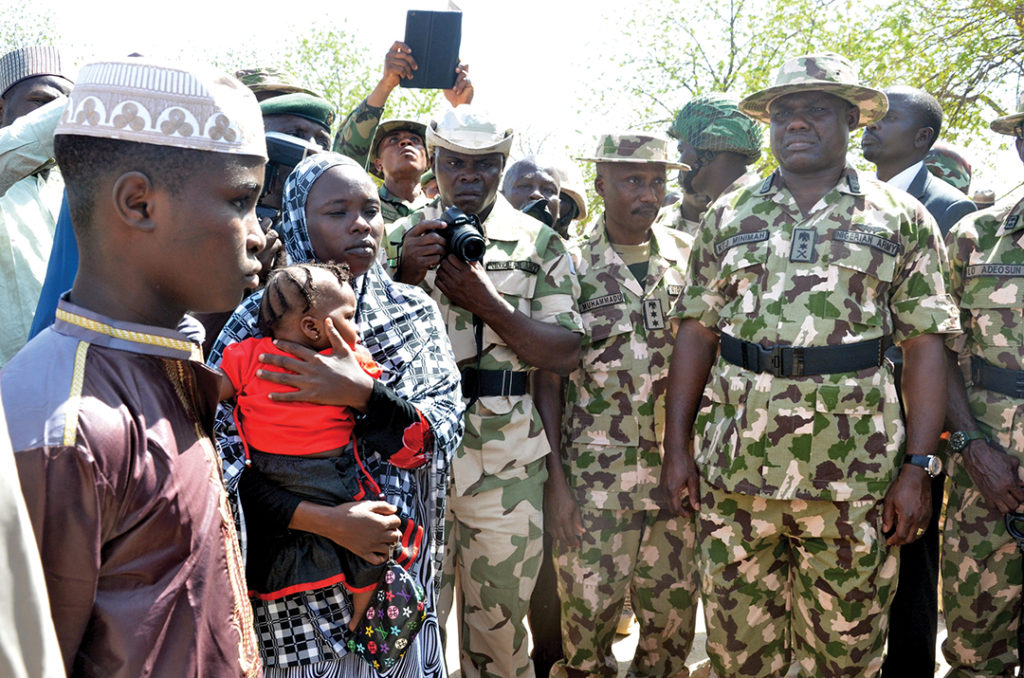VOICE OF AMERICA
A senior official at the Economic Community of West African States (ECOWAS) said the group’s policies to combat violent extremism in the region are worth replicating elsewhere.
Remi Ajibewa, ECOWAS director for political affairs, said member nations have been sharing intelligence and information to combat numerous terror organizations, including the Nigeria-based extremist group Boko Haram, whose attacks in Cameroon, Chad, Niger and Nigeria have killed thousands.
Speaking during a panel on violent extremism at United Nations headquarters in New York, Ajibewa said the ECOWAS bloc’s rich body of counterterrorism experience includes national and regional counterterrorism strategic training, along with strengthening and coordinating legal frameworks in member states.
Ajibewa said all ECOWAS members have established financial intelligence units to control cash flows and monitor illicit financial transactions that fund violence.
His remarks came shortly after terrorists attacked a hotel in Mali’s capital, Bamako, in November 2015. Ajibewa called for a focus on the root causes of terrorism, adding that ECOWAS’ conflict-prevention framework seeks to resolve issues that often lead to violent extremism.
“It includes early warning, preventive diplomacy, disarmament, peace and development,” he said. “It also involves the ECOWAS Standby Force, education and [promotion of] democracy.”
He described root causes of terrorism as traceable to social inequality and “grievances that have been forged out by some of these people who believe that they have been marginalized.”
“We have what we call the committee of [military] chiefs of staff of member states and the committee of police chiefs; these are some of the lessons that other regions can learn from these committees,” he said. “They have the sharing of information.”
He also cited specific lessons learned by member states, describing Nigeria’s counter-extremism program as evolving to meet the needs of the country.
“In Nigeria, they are not only looking for the palliative measures,” he added, touching on the development of a social reintegration program for the deradicalized in Abuja, the nation’s capital. “The issue of reintegration is another point; Nigeria has already set up a center. So, all major partners from other countries have been focusing on the military perspective, ignoring the victims as well as even those that have left that terrorist enclave.”
Ajibewa said ECOWAS is cooperating with the neighboring regional bloc, the Economic Community of Central African States, in the fight against Boko Haram and other violent extremists groups.
“Their member states share information with the ECOWAS region — not only intelligence reports; they also communicate and do what we call lessons learned so that we will all be able to improve,” he said. “That is why we have the [multinational] task force, which has been assisting in that area.”

